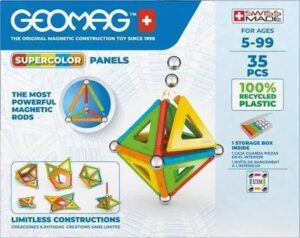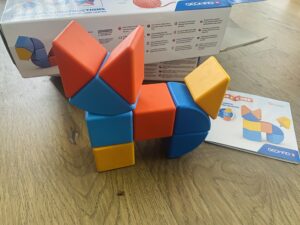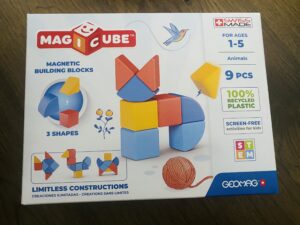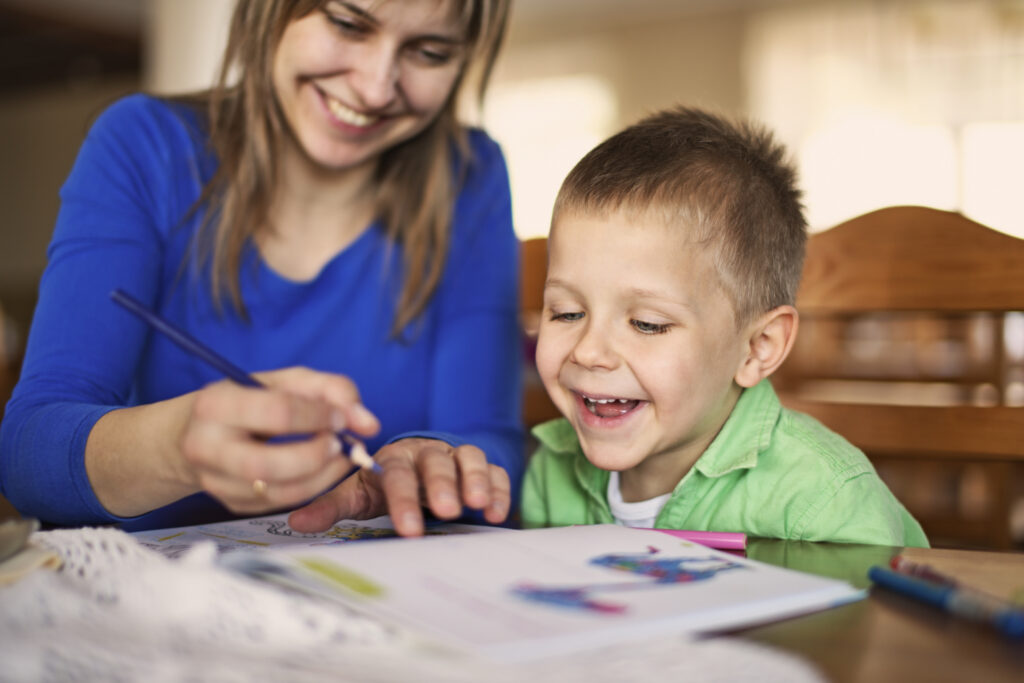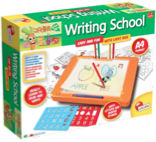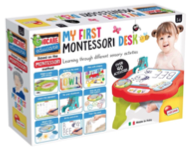As millions of children return to full time education this month, a new poll of parents suggests the extent to which the nation’s children have regressed academically, following months of being at home.
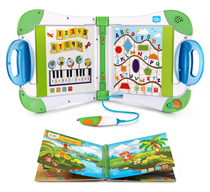
Despite the best efforts of hard pushed parents to homeschool, 45 percent said their child had lost out on their overall education, with 44 percent saying they found it hard to keep their child concentrating on school work in the home environment.
In fact, 45 percent say their child’s handwriting has deteriorated and a further 44 percent claiming their child’s spelling had got worse, according to the findings.
I was excited to review the Leapfrog LeapStart. I am always looking for ways to educate my children and help them learn. I find teaching children is about sparking their imagination. They get bored easily and you always have to come up with new ways and angles to keep them learning.
The Leapfrog LeapStart is a brilliant interactive learning system. There are different books you can buy to put in the LeapStart and help your child learn. The books click in easily and the system is easy to use. It supports your child from preschool to primary school. The stylus is perfectly designed for children to grip.
The system comes with a preschool sampler book but there are plenty more books to buy. There are over fifty key school and life skills it teaches your child. From maths, music, and reading. The LeapStart really engages your child. This is a innovative system and I cannot recommend it enough.
According to the survey, of 1,000 parents with children between the ages of two and seven, commissioned by educational toy brand LeapFrog, as many as 49 percent fear their child’s social skills have suffered following six months without nursery or school.
A further 39 percent said they had not managed to get their children to regularly read, with 34 percent claiming their child had lost all interest in reading since schools shut – and 33 percent admitting their child had barely picked up a book this year.
In fact other important skills have suffered too, as 40 percent of parents said their child’s maths had deteriorated, causing them concerns about how they will understand basic number work this term.
Overall, 41 percent of parents have major concerns that their child is currently academically behind where they need to be during this term.
Worryingly, more than one in ten (12 percent) said their child had completely lost interest in learning. And following almost six months without attending nursery and school, it’s no surprise that both parents and children are struggling to maintain focus and find new ways of engaging in the curriculum.
For parents who are concerned their children may be behind in their development, there are plenty of resources available, including the LeapFrog LeapStart, an interactive learning system for children from 2-7 years.
The interactive LeapStart is recommended by 97% of teachers[1][1] and can help provide learning for children at home. With over 30 activity books available, children can learn a variety of subjects including maths, science, reading and writing, making learning at home both educational and fun.
Mike Lynch, Senior Brand Manager at LeapFrog, who commissioned the survey commented: “It is unsurprising to see that our research indicates the majority of parents surveyed feel their children may have regressed academically during the closure of nurseries, pre-schools and primary schools this year. Despite parents’ best efforts, home schooling can be challenging.
At LeapFrog, we are passionate about supporting children’s learning and development in the early years. Our LeapStart interactive learning system engages children through colourful, imaginative activity books, complete with a magic stylus that triggers audio. Designed to build key skills such as counting, problem solving, reading and writing, the LeapStart is an essential home learning tool.”
Research by leading educational toy brand, LeapFrog, has revealed that six in ten parents believe their child has regressed academically this year due to schools closing because of COVID-19.
Recommended by 97% of teachers, the interactive LeapStart is great way to combat this, boosting learning through play at home, while supporting the national curriculum in the early years. With over 30 activity books available, children can choose from a variety of subjects, including science, reading, writing, problem solving and more. Add to this little ones’ favourite characters, including Mickey Mouse, Elsa, Peppa Pig and Paw Patrol’s Chase, learning at home has never been such fun!
Annabelle Boto, KS1 and KS2 teacher, commented:
“The LeapStart is a fantastic way to spark curiosity and love of learning in children throughout the primary age phase. The technology is simple yet stimulating, capturing children’s attention, and then allowing them to use their intuition to access a plethora of entertaining and educational resources. The stylus is useful for the development of fine motor skills, and is an excellent tool allowing the child to navigate through the books.
Each book provides a different experience, LeapStart is successful in finding the correct balance between entertaining the children, and educating them. Several options of tasks means there is something on offer for everyone. The activities help children to work on their problem solving abilities, as well as building their confidence in an educational situation, and increasing their ability to concentrate on the task in hand.
The books largely reflect the KS1 curriculum, therefore providing an excellent way for children to prepare and consolidate what they are learning in school. Early years children love the LeapStart, it provides a fantastic opportunity for children to familiarise themselves with problems over all different subjects, inspiring them to give things a go and recognise how fun and exciting learning can be.”
The LeapFrog LeapStart is available here.

